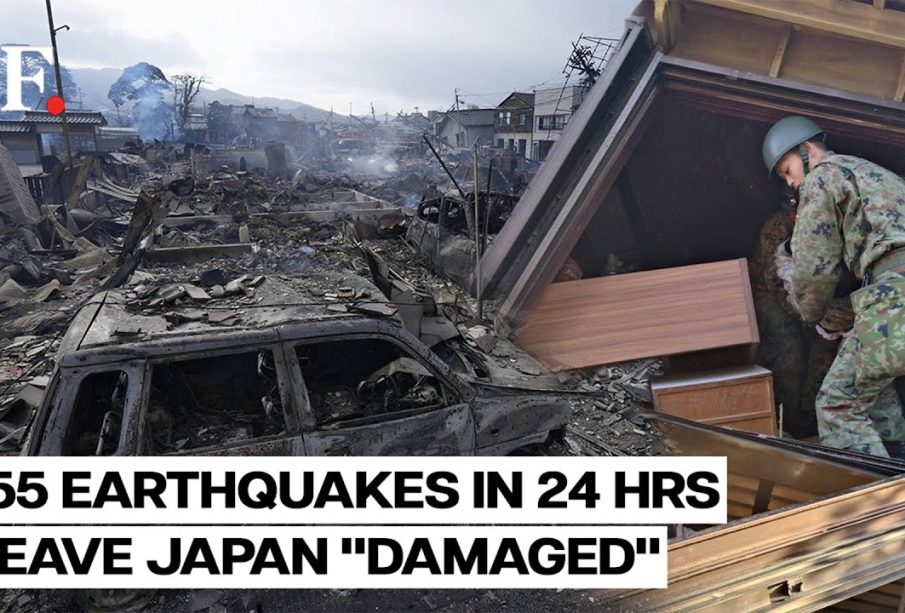Understanding Recent Earthquake Events and Their Impact

The Importance of Earthquake Awareness
Earthquakes are one of nature’s most powerful forces and can lead to significant destruction and loss of life. Understanding the mechanics and risks associated with earthquakes is crucial for preparedness and response efforts. In recent months, several regions around the globe, including parts of Canada, have experienced notable seismic activity, prompting renewed attention to earthquake preparedness and response.
Recent Earthquake Events
In September 2023, a magnitude 6.4 earthquake struck near the coast of British Columbia, sending shockwaves that were felt across Vancouver Island and the mainland. Fortunately, this earthquake did not result in any significant damages or casualties, which is often a concern during such events. Emergency services responded promptly, conducting assessments and ensuring the safety of residents in affected areas.
Similarly, in October 2023, California experienced a series of smaller tremors related to ongoing seismic activity on the San Andreas Fault. These events serve as reminders of the geological instability in the region, which may lead to larger quakes if not monitored carefully.
Response and Preparedness
The response to earthquakes greatly varies depending on the magnitude and location of the tremor. In British Columbia, officials have been advocating for earthquake preparedness programs and regular drills in schools and communities to help residents be ready for future events. Emergency kits, information on evacuation routes, and community awareness campaigns are essential components of these initiatives.
Furthermore, scientists and researchers continue to study earthquake patterns to improve prediction methods. Advances in technology play a crucial role in monitoring seismic activity and can provide early warnings to at-risk populations. For instance, the ShakeAlert system in California exemplifies how technology can offer crucial seconds of advance notice that might save lives during an earthquake.
Conclusion: The Future of Earthquake Preparedness
As climate change and urban development continue to influence seismic activities, understanding the importance of earthquake preparedness cannot be overstated. Communities are encouraged to take proactive measures by participating in local emergency response programs and staying informed about safety protocols. By fostering a culture of preparedness, the impacts of future earthquakes can be mitigated, ultimately saving lives and reducing property damage. The ongoing focus on research and public education is vital in ensuring that we are equipped to handle whatever nature throws our way.









